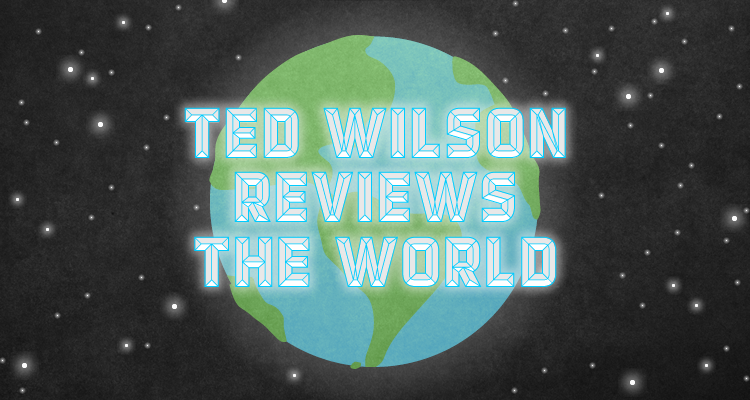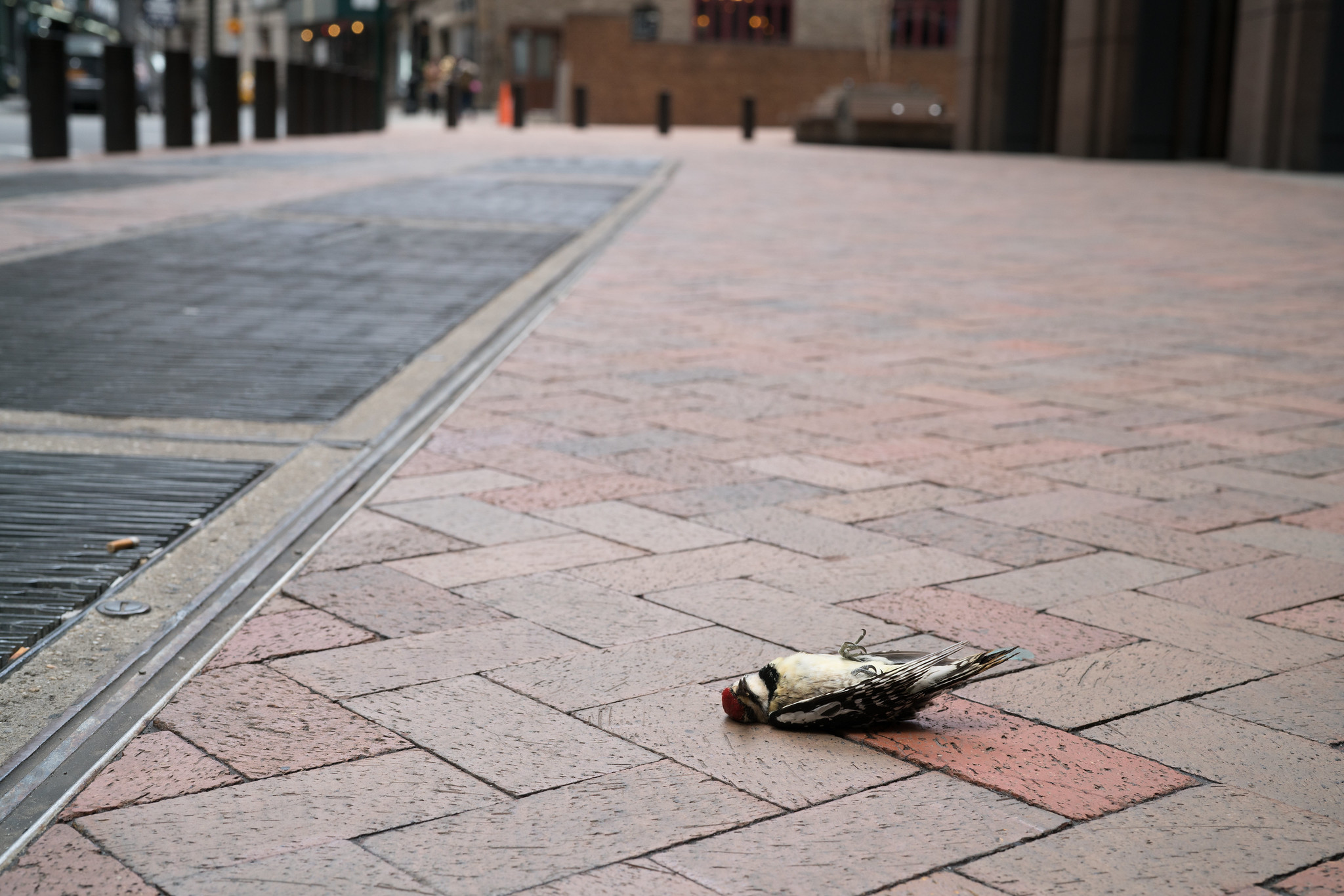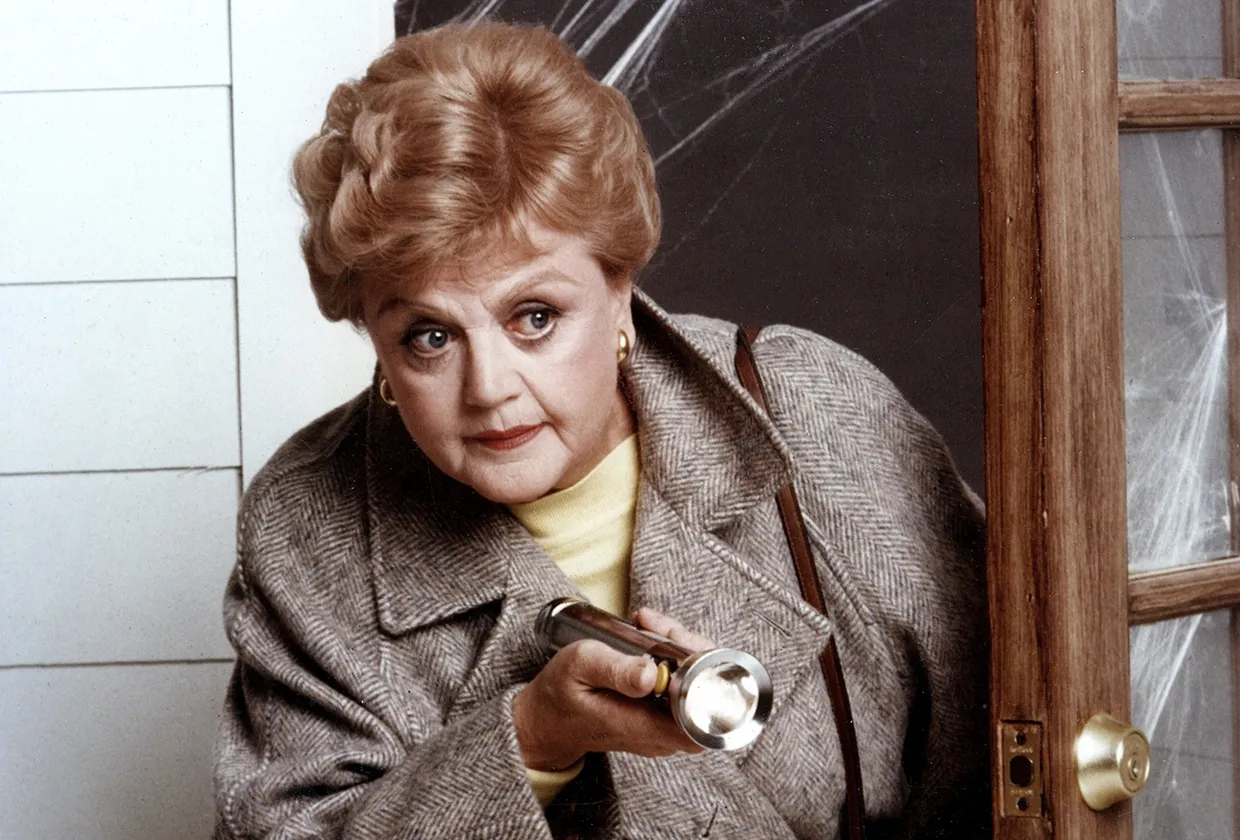interviews
Unworded Intensities: An Interview With Noy Holland, Author Of Bird

When one reads voraciously, there are many books — books of high quality, even — that tend to blur the more one reads past them. One can remember certain moments, one can map out something like a sketch of the plot, perhaps one can even remember the names of characters (though, in my experience, those are often the first to go), but rarely can one reenter the experience of the book in question, reenter that initial experience of reading. This is perhaps why we — or, at least, I — reread favorite books time and time again, chasing the framework of feeling they enacted on us when we first read them. I read Noy Holland’s Bird in August, and it is no hyperbole to say that it has stayed with me — present in my mind and in my heart — every day since. You wouldn’t have to press me to the wall for me to call it my favorite novel of the year or to argue that it’s one of the most accomplished novels to surface in quite some time. What Holland does with language is simply nothing short of a miracle. And the series of sensations that language gives rise to in the reader are deeply complex and unforgettable. It is a novel I feel I understand and a novel I feel understood by. From my first read — and there have been a few more since — it has occupied a space among my favorite books ever written: Joy Williams’s State of Grace, Joan Didion’s Play it as it Lays, Mary Robison’s Why Did I Ever. And what Bird shares in common with these masterpieces of fiction is that it risks everything in language, it holds no emotion — no matter how ugly or contradictory — back, and, to borrow from Rilke, it causes the reader to rethink and readmit “the relation to another as something alive.”
It was an honor to speak with Noy Holland about the book via email.
Vincent Scarpa: Though it’s easy to miss as a reader — as we’re so often jumping in and out of present tense, and as we’re given an in-depth portrait of Bird’s past life with Mickey, her former lover — the novel actually only spans the course of one day in real time. In setting out to write the novel, did you have that idea for a framework in mind — that the reader would be invited into Bird’s present life for only a day? It’s one of many things that struck me as staggering about the novel: both the way in which so much is contained in such a small space of time, and the idea presented to us as readers as we reach the end that this onslaught of longing, regret, and wreck is every day for Bird. It totalizes her life, a life we’re experiencing only one day of.
Noy Holland: The truth, regrettable and not, is that I set out knowing next to nothing. Set out, arguably, with a tantalizing lack. I spent years picking away at this book before the day came where I said, Ah hah. Or, really: duh. The first duh was to recognize that I was indeed writing a novel, and the second was to see the frame — the limits of action but not of perception. The prospect of passing only a day with Bird seemed so obvious once I’d decided it; the invitation had been there all along, in my pages and in books I admire. I think, too, that years of writing short stories may have made me more inclined to want the density and strictness the choice implied. I wanted stillness. Bird can’t go far. I wrote her into that house with a baby and debilitating fears and a body still wrecked some from childbirth. And her boy will come home, and she will be there. Because no matter the mess she can be and has been, she will be there. She’s devoted. She has made that bed and she will lie in it. The day itself is turbulent — an onslaught, as you say. The night’s unrest and dreaming have made the old mess and want flare.
VS: I was totally dropped-jaw from page to page as I took in the language of Bird, which is absolutely stunning and felt absolutely new. Not since Eimear McBride’s A Girl is a Half-Formed Thing have I found the language of a novel to be so miraculous, so captivating as to be a machine of meaning-making and a kind of character in and of itself. The sentences captured so precisely for me what I imagined Bird’s interior landscape to be: this rushing river, fast and unyielding, in which Bird finds herself daily swept up in its rapids. I’m wondering if in the process of drafting the novel the language came out more or less as it appears on the page now — in this rush, this careening prose — or if there was some amount of polishing or chiseling that took place in revision to really carve out what Bird’s voice, and what the narrative voice that carries her through the novel, read and sound like. Because it really did appear — infuriatingly and envy-inducingly — effortless.
NH: Ha! Very much labored-over, I’m afraid. Effortful and wasteful and slow. I’m grateful for all the nice things you just said and I’m glad the effort is somewhat hidden. Weirdly, I started the book by speaking into a micro-cassette — not an iPod, they didn’t exist yet — on my long, pretty, country-road commute to work. I had small children myself and a full-time job and I seized what time and mind I could. One effect of this was that my sentences got long and somewhat ornate. Only a handful of those sentences survived intact once my reductive tendencies took hold. I found the beginning of the book in the middle, months or maybe years after that initial burst. I found I wanted to begin in the past — let it take precedence over the present. I wanted the past to be more luminous, more clamorous, more demanding than the present. I wanted it to strip the luster from the present, and for that luster to at last return.
VS: I have a friend who uses the terms pregret and premorse. In reading Bird, in which all of the things Bird longs for, all of the things she regrets, have already happened, I still felt an urge — perhaps because of the way you play with time, the way you move us as a reader in and out of Bird’s past — to use my friend’s terms, to feel as though Bird is pregretting, premorseful. You write, “Can’t last. Couldn’t last. Nature of things…Wanting so mostly rarely withstands the presence of the thing we want,” and I found that to be a kind of thesis to the novel, as well as a sort of hook upon which I could hang these aforementioned thoughts. Have I said anything with enough clarity here as to spark something for you?
To stand up and live through something, to withstand the presence of the thing we want, is reckless and thrilling and heroic, and very quickly it is something like work.
NH: I honestly don’t have the vocabulary to talk about this, not in the deepening way it warrants. I know I’ve felt it, feel it — the premonition of loss before I’ve set forth. Between grief and nothing I hope always to choose grief — I am borrowing, I think, from Faulkner here. The grief needn’t be grand or dramatic, just the simple grief of the almost right word. The persistence of failure. Fail better. Yes. To write a story, to set down the words, is destructive. It is never enough. It makes of something fluid something static. To stand up and live through something, to withstand the presence of the thing we want, is reckless and thrilling and heroic, and very quickly it is something like work. Yes? We can only in an instant be answered. But that instant, whoo boy, that ecstasy — this is what we work and live for. In my view, it’s what we get of God.
VS: I’d be very interested to hear you talk about what you see as Suzie’s function in the novel. We only come to know her through her manic, often hysterical phone conversations with Bird, and yet she feels essential to the novel, like something might become dislodged without her presence, however peripheral it may be, in the narrative.
NH: Suzie is a free range human, anti-domestic, a feminist, I suppose. She does what women seldom do — she takes what she wants when she wants it. She lives alone and for herself and men come and go, and boys if she wants, and women. She has no compass, arguably, and she’s disloyal. Solitary. Outside the fold. I suppose the arrangement of words that Suzie is is on the page to keep the message flashing: no whinging. We have choices. Our one little chance to be alive — and it is ours to shape. I wanted to say this and at once qualify it, restrict it, as chance and circumstance do. That’s why Suzie never gets to show up in Bird’s kitchen — she phones in. She is elsewhere, free to move. Do I mean to say that Suzie is freer than Bird, free as a bird, happy? No. Yes and no. Suzie is a set of possibilities Bird has decided against.
VS: One of the sentences that just broke my heart wide open — and potential spoilers ahead, I suppose — occurs in the memory of when Mickey comes to Bird’s hospital bed after she’s given birth. They’re contemplating their failed relationship and this question is posed: “Was can’t last what made it bearable or can?” It seemed to be such a masterful distillation of what the previous 150 pages were trying to ask, to investigate. It reminded me, too, of a line from a singer-songwriter friend of mine, Susan Werner, who sings, “Passion’s always half-impossibility.” What about this dichotomy, about this doomed-to-fail, it’ll-end-in-tears dynamic in some relationships, was compelling and generative to you? What did you want to tease out of it, close up in it?
We love stupidly, falsely, pretend to love, pretend not to. It’s all conditional, but nobody knows the conditions, not even the ones we claim.
NH: I can’t talk about this book without contradicting myself. I just made my we-have-choices speech and I’m about to take it back. We do, we don’t. Can last, can’t last. We choose what we want in the moment of wanting and as soon as we touch it, whatever it is, whoever, it begins to change, it eludes us. Experience is endlessly mutable. We change one another, are changed by one another, but we don’t know how or really why. We love stupidly, falsely, pretend to love, pretend not to. It’s all conditional, but nobody knows the conditions, not even the ones we claim. We say successful marriage, failed relationship, but this is partial, a closing in. We want to name it. Honor it with a name, kill it with a name. We’re so utterly conflicted. And we are quick to call brevity failure — the six-month marriage a failure, but who’s to say, really, when six minutes can change our lives? Seconds. Failed relationship? I wouldn’t say so. In some ways, I mean to say that Mickey and Bird save one another — they are abundantly, recklessly giving. They hoard nothing. Mickey saved Bird. And to save himself, he left her. Which means can last and can’t are interchangeable — because isn’t Mickey, in the dreamy, careening deprivation of Bird’s day, isn’t he lasting still? Aren’t they?
VS: I’d be remiss not to mention the exquisite way you write sex in this novel. I don’t think I’ve ever read anything quite like it. I see in my own writing various strategies of dodging the sex scene itself — the lights being turned out in one sentence, a space break, and then it’s morning and they’re naked in bed! — but you really do, as Joy Williams says, “write to the need.” I wonder if you ever felt anything like hesitation in doing so — not the hesitation of including sex in a novel, of course, but rather a hesitation or a nervousness in writing it, in rendering it, in finding the exact right language to hold all the nuances and contradictions — the brutality and the beauty — implicit and inherent in the act.
NH: Honestly, it’s the cerebral, the want to say something smart, that makes me nervous quickest. I’m at home in the body and at ease among much of what can be said about it. I’m someone who stays in the room. Sex is difficult to write, but what isn’t? Sickness is difficult. Childbirth. These are mostly unworded intensities. The sounds that leave people in childbirth or sex are a vowelly mash — gorilla, coyote, whale. We belong to the rest of what lives. The distinction between humans blurs in sex, and in any extreme, sex included, between humans and other animals. It’s sort of terrifying but it’s also wondrous. We make contact. Surrender. The sex of this novel is surrender, it’s prayer, a violent, obliterating drug, reifying and deadly. Bird and Mickey walk into deep water together and they find they have to swim for their lives. Their struggle isn’t with one another so much but each with their own unreliable want to be alive.
Women get a good deal of practice submitting to what is, witnessing the body unadorned.
The flux of the body is generative for me, it’s all through my work. This is among the ways I’m grateful to be a woman. A woman’s body is always reminding her that something beyond, and bigger, is happening. We feel the flux. We can’t help it. Women get a good deal of practice submitting to what is, witnessing the body unadorned. Procreation gives us one choice: Hey, little one, I’ll share my body with you and you can feed on me as you must. What could be more humbling? The animal imperatives of the male are to overpower and acquire. To take and to keep. We can resist this and argue against it — can, I think, and should — but we are leaning into a wind that’s been blowing for thousands of years.
Gender, class, race, who’s responsible for what, who’s to blame, who’s obliged, the social contract, identity — these stubborn and animating differences fall away for Bird and Mickey. All moot. “The world shrinks to become them.” They are governed by sensation, by appetite. It’s not a moral state; it’s unencumbered and transitory and rare. Together they invite the sensation of loss, unboundedness, the perilous orgasmic state that blurs the frontier between death and living.
A book makes its own demands. Or: a person makes a book that makes its own demands. Timidity or nervousness or squeamishness about the body were entirely at odds with the demands of this book. So I tried to be brave and write through.









